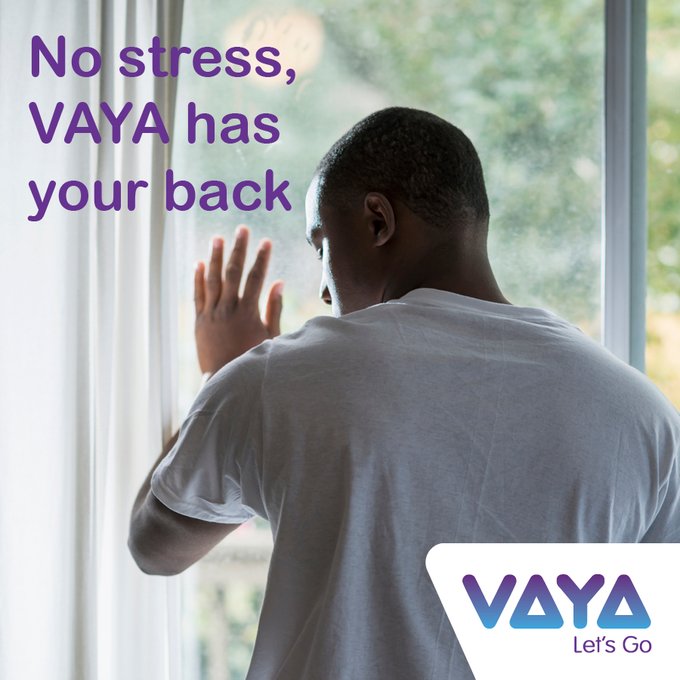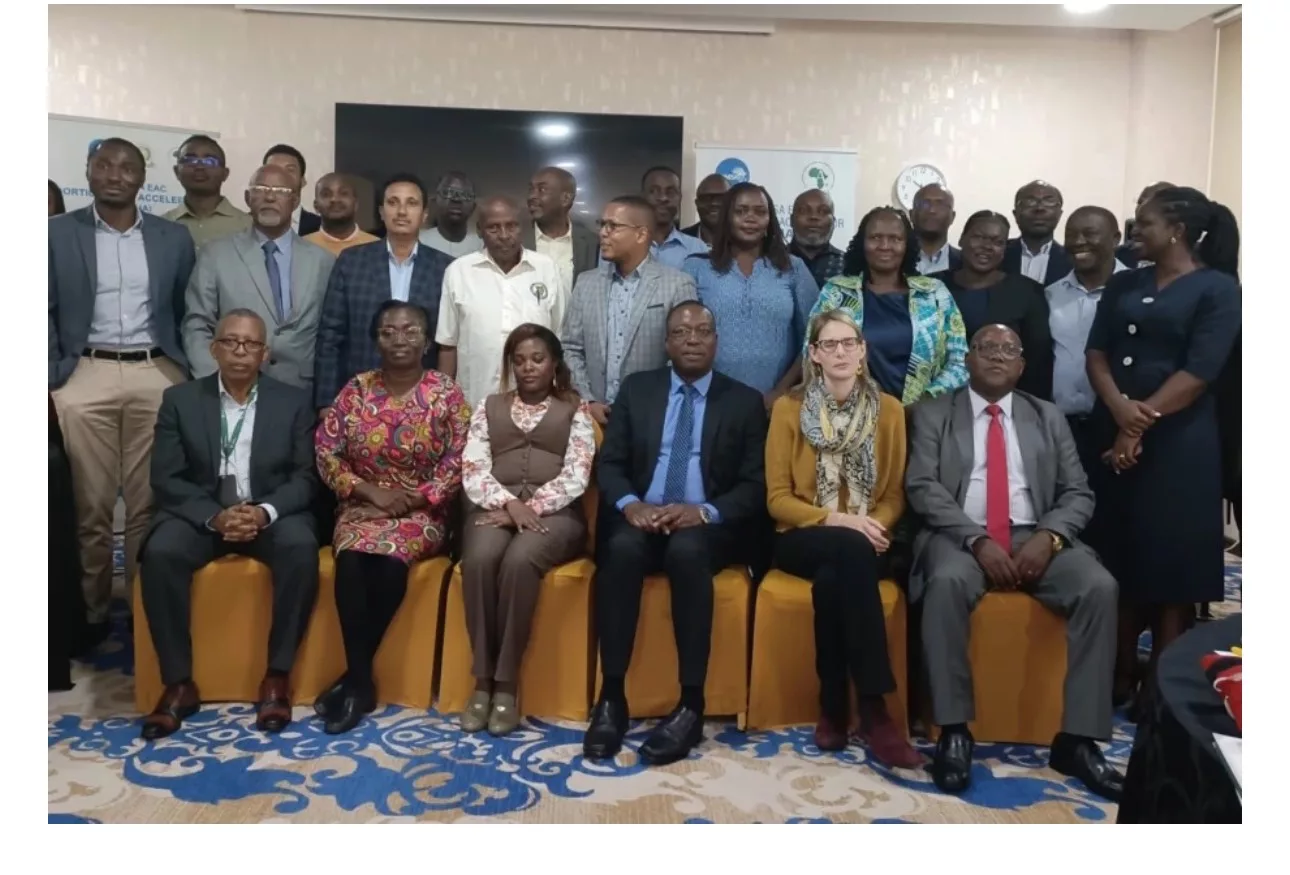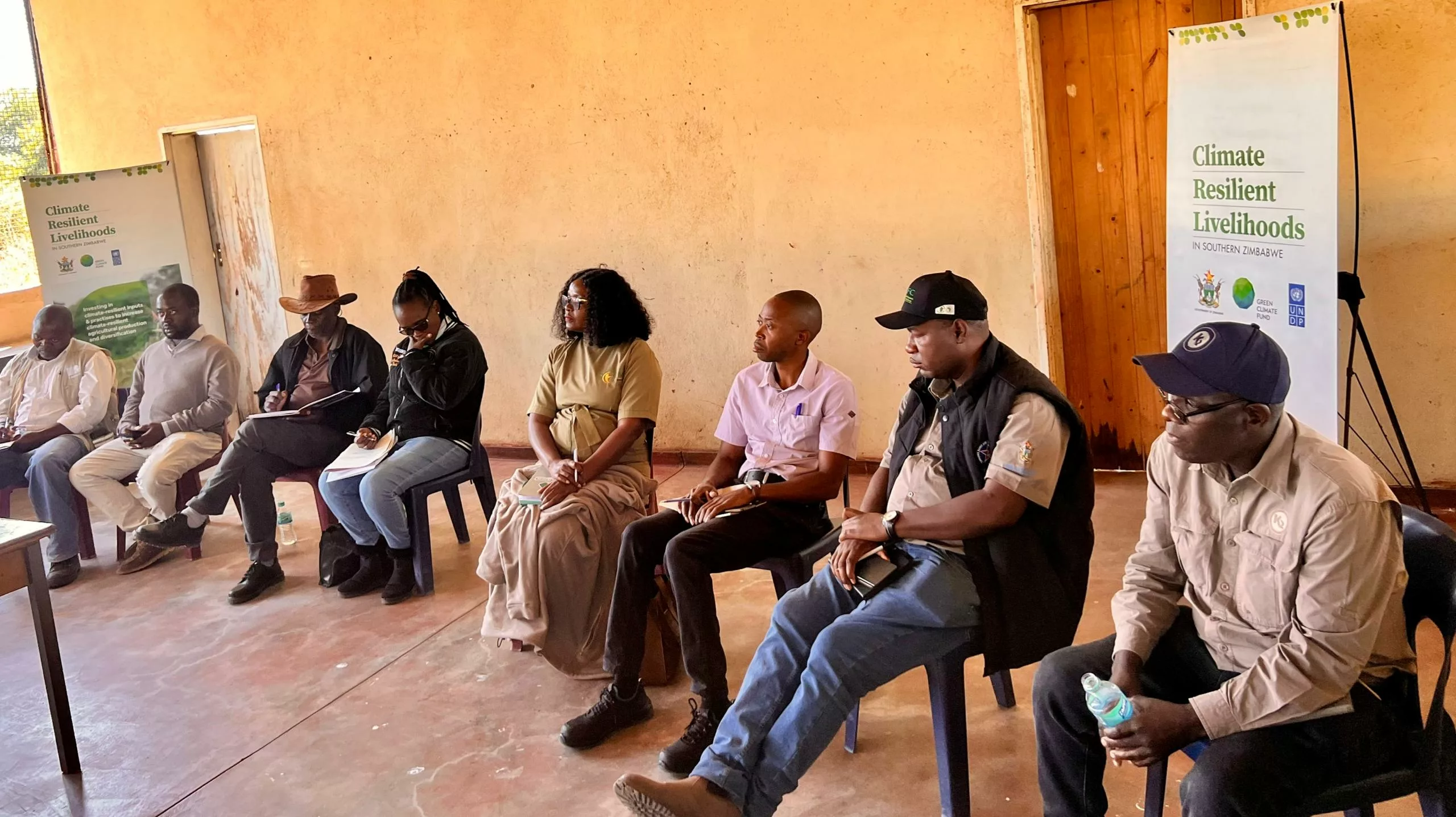The outbreak of COVID-19 (Coronavirus) has forced many countries, including Zimbabwe, to impose 21 to 30-day restrictive lockdown periods – some even longer, where the epidemic has been more widespread. The lockdowns are designed to protect citizens from the spread of the deadly and infectious disease by restricting contact among people.
In Zimbabwe, the restriction on movements, which has been extended to the transport services sector, has however meant even those whose services are considered essential will also find it difficult to move around as conveniently as they would, prior to the lockdown.
Some of the services that have been recognised as essential include provision of services such as healthcare, food, medicines, power, water, telecoms, rescue services and others.
But if these services are to be offered smoothly, healthcare personnel such as doctors and nurses and other essential service providers should, of necessity, be able to travel without much trouble.
For these critical services to function efficiently, there is therefore need for safe and reliable transport services.
This is where services such as VAYA mobility comes in.
Vaya mobility is safe and convenient for those commuting to work in critical services and industries, as well as for citizens in need of access to pharmacies, grocery shops, surgeries and more during the lockdown.
The app-based ride and logistics hailing transport services are one of the businesses that were granted essential services status after the Government of Zimbabwe declared the 21-day lockdown in an effort to combat the spread of the deadly COVID-19 pandemic.
The essential service’s status allows the company to operate freely without restriction and without breaching government laws expressly stated under Statutory Instrument 82 of 2020 and Statutory Instrument 83 of 2020.
And so, with VAYA mobility there is no fear of being mistaken for someone breaching the lockdown laws as the company and its partners have been granted express authorisation to work as critical service providers. This has been communicated to key authorities keeping citizens safe and manning roadblocks during this period.
VAYA drivers and partners have gone through intensive training on sanitisation of their vehicles on the inside, on door handles and for passengers on accessing the vehicles. They move around with the correct PPEs (personal protective equipment) such as face masks, as well as sanitisers, so as to protect themselves and their passengers during rides.






